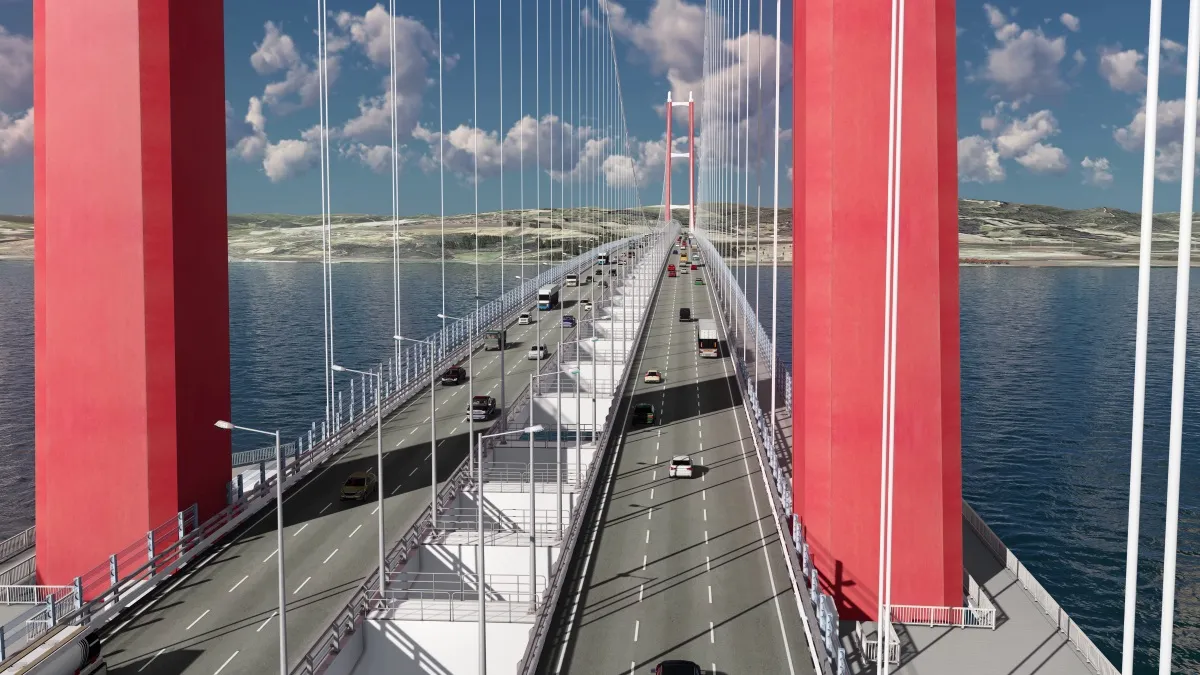Efkon, a subsidiary of Strabag, is to install a traffic monitoring system covering an area of 85 km² in the city of Aligarh, India.
Thomas Birtel, CEO of Strabag, says: “The introduction of the new transportation system will increase traffic safety. Traffic control, which reduces overall travel time and minimises traffic jams, will also help reduce high traffic.”
The contract covers the installation and operation of 227 camera, 63 pan-tilt zoom cameras and red light surveillance systems with 74 camera
August 2, 2019
Read time: 1 min
Thomas Birtel, CEO of Strabag, says: “The introduction of the new transportation system will increase traffic safety. Traffic control, which reduces overall travel time and minimises traffic jams, will also help reduce high traffic.”
The contract covers the installation and operation of 227 camera, 63 pan-tilt zoom cameras and red light surveillance systems with 74 cameras.
Construction will take place over 12 months, followed by 60 months of operation and maintenance.










